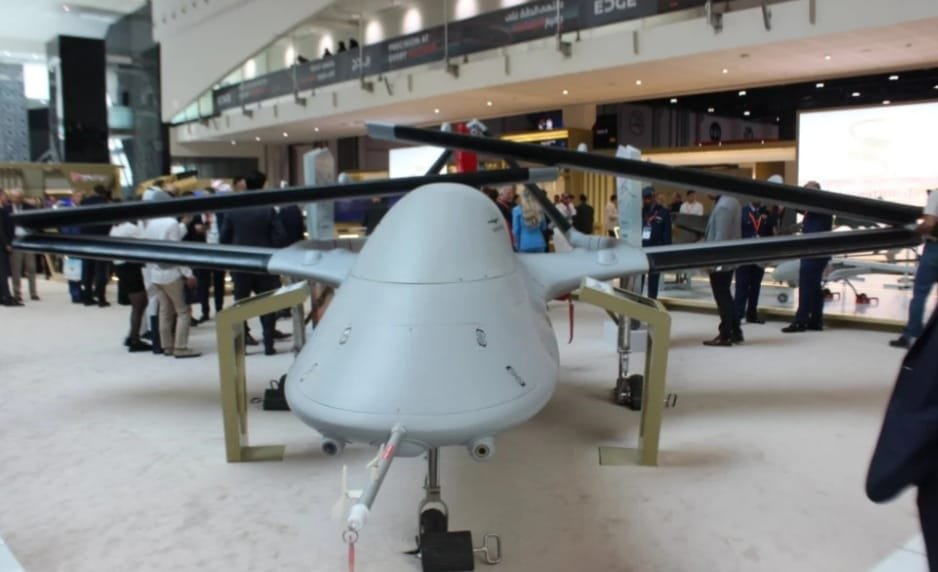
Turkiye and Serbia Sign Defense Cooperation Agreement Focused on Drone Technology
According to information published by Middle East Monitor on October 12, 2024, Turkish President Recep Tayyip Erdoğan and Serbian President Aleksandar Vučić announced a strategic collaboration between their countries in the defense industry during an official visit to Belgrade.
This agreement includes joint efforts in military technology, particularly focusing on drones, a sector where Turkey has become a global leader. Erdoğan emphasized that Turkish drone technology, including the renowned Bayraktar TB2 systems, would be an integral part of this cooperation.
Turkish Defense Industry in Balkan countries
Several Balkan countries have purchased Bayraktar TB2 drones from Türkiye, reflecting the growing military ties between the region and Ankara. Kosovo, which has been working to strengthen its defense capabilities, received its first batch of Bayraktar TB2 drones in July 2023. This acquisition is viewed as a strategic move amid ongoing tensions with Serbia, and it has been reported that Kosovo bought five drones, although the exact number remains unconfirmed.
Albania also joined the ranks of Bayraktar TB2 buyers in 2022, purchasing three drones to support both military and civilian operations, including surveillance and firefighting efforts.
Bosnia and Herzegovina recently followed suit, placing an order for at least six Bayraktar TB2 drones in 2024. This move is designed to bolster its defense capabilities amid the complex security dynamics of the Balkans.
Turkey’s role is not without challenges. Its involvement in the defense sectors of both Serbia and Kosovo positions it at the center of regional tensions. The sale of advanced weapons to countries in close proximity, often with competing interests, requires a careful diplomatic balance. Turkey has used its military strength and its defense industry to foster partnerships, positioning itself as a reliable supplier of advanced military technology, but it must also be wary of exacerbating existing conflicts.
In the Balkans, Turkish arms sales serve not only as an economic driver but also as a tool for increasing Ankara’s regional influence. The Balkan states, many of which are NATO members or aspirants, see Turkish military technology as a valuable addition to their security frameworks.
Turkey’s defense industry policy in the Balkans is a calculated mix of economic strategy, geopolitical ambition, and military influence. As Turkey continues to expand its defense exports, its ability to manage the complex political landscape of the Balkans will be crucial to its long-term success in the region.


